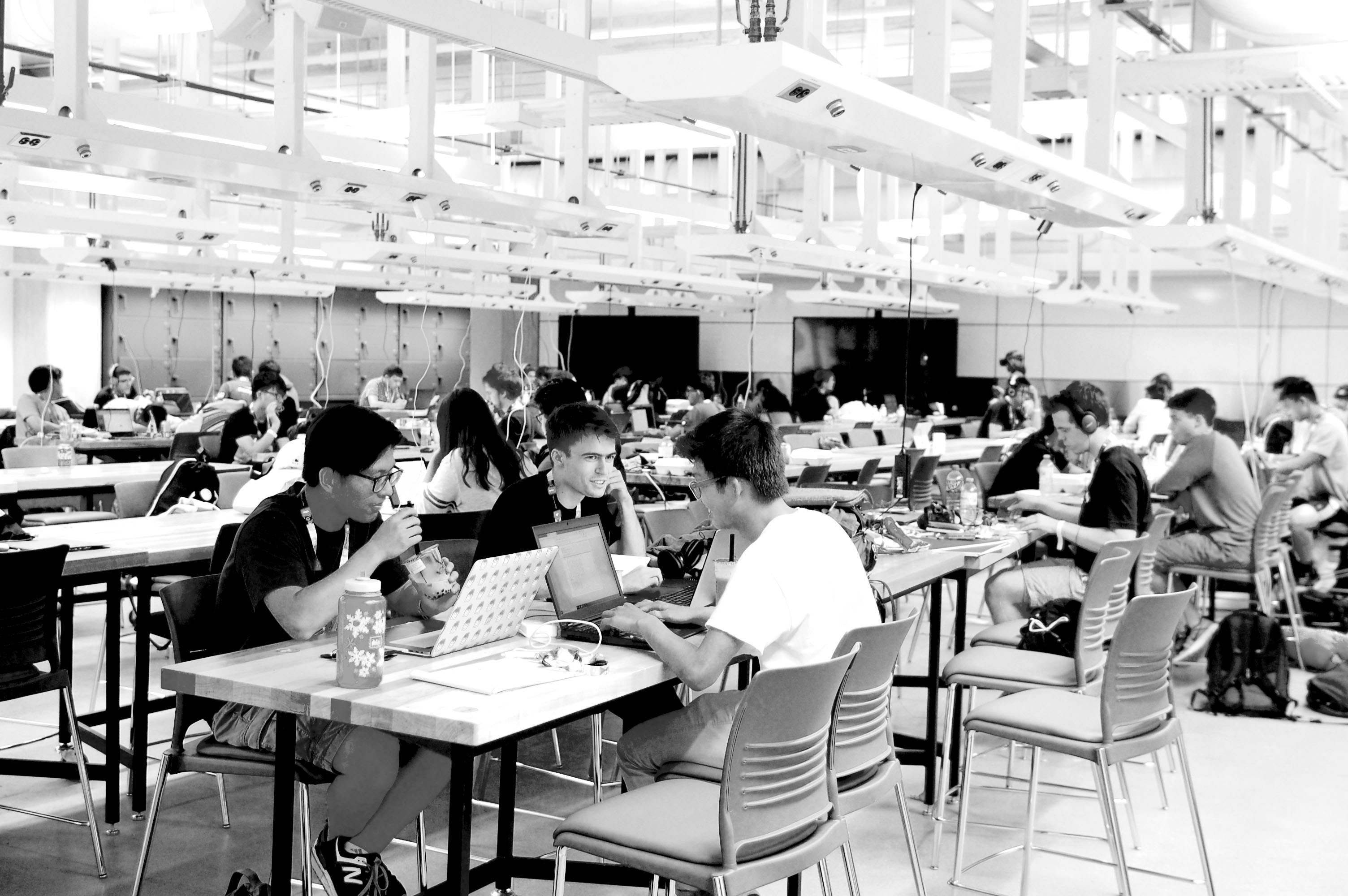by Rafael Toledo
I think Students’ passion in university presented a real concern and raised a meaningful discussion for our community. As an international graduate student close to my 30’s, I am not sure if I am the best person to answer your questions about the passion of young people but in the last months I have dedicated some time to reflect about political engagement and I think that my opinion can add something to the discussion. Some weeks ago, a new president was elected in Brazil and I was not able to vote because of some bureaucracy restrictions for that period. I had to passively watch my home country choose the next president without the chance to express my voice at the democratic process. This condition made me think about how people are participating in the political discussion of their respective communities.
I believe the way we consume information has changed our social and political relations. I know that it might look that I am simplifying too much by blaming technology, but I am not arguing that we should abandon the Internet and start exchanging letters again. I believe it would be essential to reflect on how the immediatism and (apparent) perfection of the online interactions are being mistakenly applied to the real world. You are right when you say that the answer is not as simple as saying that the young people are lazy or uninterested.
However, they just seemed to be living their lives in an automatic mode where they do not activate their critical sense. This journey lacks passion because they might not be driven by their own will or beliefs but instead by the anxiety of reaching a particular stage in life and fulfilling established requirements. Consequently, they are unable to see the political environment that they are inserted. This condition leads to a delay (or absence) of a political awakening. People live without noticing the political consequence of their decisions and make no idea how the laws and government’s decisions affect their own lives.































